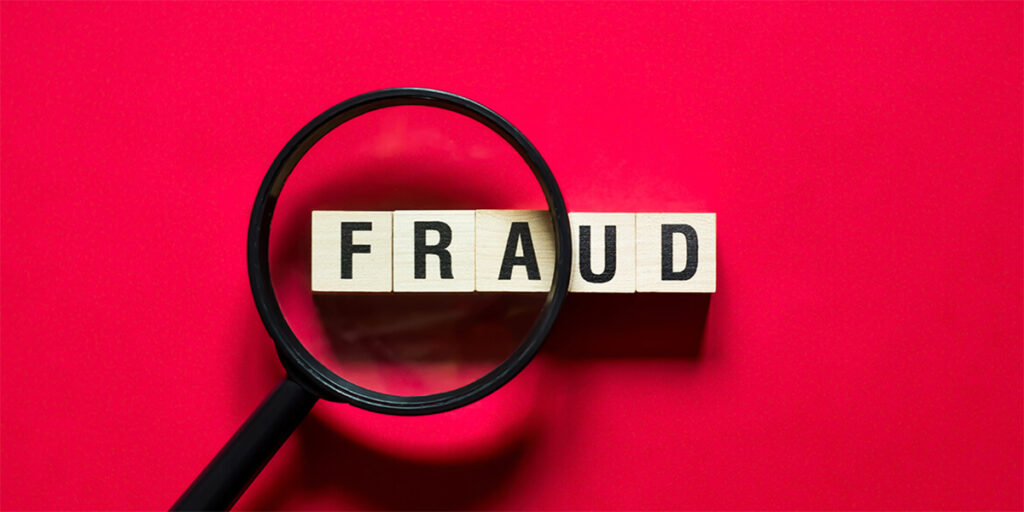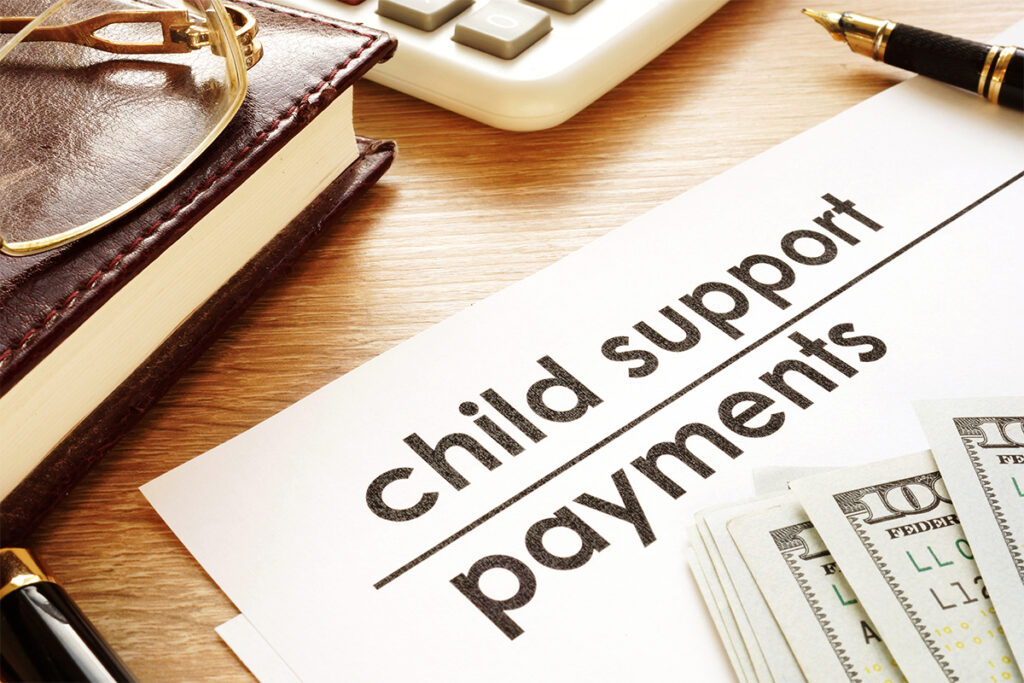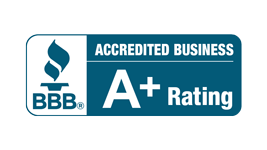Bankruptcy can provide relief from overwhelming debt, but there are certain circumstances that can prevent someone from being able to file.
Knowing what disqualifies you from filing for bankruptcy can help you make informed decisions about your financial future.
Fraud
The disqualification from bankruptcy due to fraud is to protect the integrity of the bankruptcy system and prevent abuse. When someone attempts to defraud the system, they undermine the transparency and fairness that bankruptcy aims to achieve.
Even unintentional missteps, such as providing incorrect information or failing to disclose assets due to negligence, can be viewed as fraudulent behavior. By disqualifying individuals involved in fraudulent behavior, the law ensures that genuine debtors receive the necessary relief, and those who attempt to manipulate the system are held accountable.

Dismissed Bankruptcy Case
When your bankruptcy case is dismissed, it means that the court has decided to terminate the proceedings before granting you a discharge of your debts. This dismissal can occur for various reasons, and it can have serious implications for your future ability to pursue bankruptcy again.
Previous Discharge
In the case of Chapter 7 bankruptcy, individuals may not receive another discharge within eight years from the date of a previous Chapter 7 discharge. If you have received a Chapter 7 discharge in the past, you must wait for eight years before becoming eligible for another Chapter 7 bankruptcy discharge. [1]
Chapter 13 bankruptcy allows individuals to create a repayment plan to manage their debts. If a person previously received a discharge under Chapter 13, they must wait for a minimum of two years from the date of the prior discharge to file for another Chapter 13 bankruptcy and receive another discharge.
Debts Don't Qualify for Bankruptcy
There are many debts that qualify for bankruptcy, but some debts don’t. If the debts in question are not eligible for discharge, this will disqualify you from filing bankruptcy.
Child support and alimony obligations are an example of debts that do not qualify for bankruptcy. These financial responsibilities arise from marital or familial relationships and are considered a support system for children or former spouses.
Student loans are generally not dischargeable through bankruptcy, making them another major exclusion.
Tax debts also pose a challenge when seeking bankruptcy relief. Although some income tax debts may be eligible for discharge, certain conditions must be met. The tax returns associated with the debt must have been filed at least two years prior to the bankruptcy filing, and the taxes must have accrued at least three years before filing.
Any fraudulent tax returns or tax evasion attempts can disqualify one from discharging tax debts through bankruptcy.
Fines and penalties imposed by governmental entities or criminal restitution orders are ineluctable through bankruptcy as well. These obligations are considered a part of an individual’s responsibility to society, and therefore, bankruptcy cannot be utilized as a method to bypass them.
Debts incurred due to personal injury or wrongful death caused by intoxicated driving are not dischargeable. Such debt exclusions are in place to discourage reckless behavior that could cause harm to others and to ensure that those affected receive proper compensation. Individuals who cause injuries or fatalities while under the influence of drugs or alcohol cannot absolve their liabilities through bankruptcy.

Non-Cooperation
From providing accurate financial information to attending court hearings and working with your assigned bankruptcy trustee, cooperation ensures transparency and the smooth progression of your bankruptcy case. Failure to cooperate can have severe consequences, including disqualification from the benefits of bankruptcy.
When filing for bankruptcy, disclose all of your assets, debts, income, and expenses accurately. If you fail to provide complete and truthful information, it undermines the integrity of the process and can lead to your case being dismissed.
Failing to attend required meetings or court hearings may disqualify you. These gatherings serve as opportunities to communicate with your bankruptcy trustee, creditors, and the bankruptcy court.
Comply with any court mandates or orders issued during your bankruptcy proceedings. This may involve fulfilling repayment obligations, surrendering assets, or adhering to certain financial restrictions. Ignoring or disregarding these court orders showcases a lack of cooperation and may lead to your case being dismissed or, worse, facing penalties for non-compliance.
Your Income Is Too High
While bankruptcy laws differ across jurisdictions, one of the common factors that can disqualify an individual from filing bankruptcy is having an income that is deemed too high.
Bankruptcy laws are designed to provide a safety net for individuals in dire financial circumstances and prioritize those who are truly unable to repay their debts. This assessment is carried out by evaluating the individual’s or the business entity’s income, expenses, and debt burden.
The means test is a key mechanism used to establish eligibility for bankruptcy and is aimed at distinguishing between those who genuinely need bankruptcy relief and those who can afford to repay their debts. [2] If you are not eligible to file for Chapter 7, it’s still possible you may qualify for Chapter 13.

Are You Considering Filing for Bankruptcy, but Unsure if You Qualify?
Contact the Richard West Law Firm today to schedule a consultation and find out if you qualify for bankruptcy assistance.
Sources:
[1] When may I file bankruptcy again? | District of Oregon | United States Bankruptcy Court. (n.d.). https://www.orb.uscourts.gov/faq/when-may-i-file-bankruptcy-again
[2] Chapter 7 Means Test Calculation. (n.d.). United States Courts. https://www.uscourts.gov/forms/means-test-forms/chapter-7-means-test-calculation




